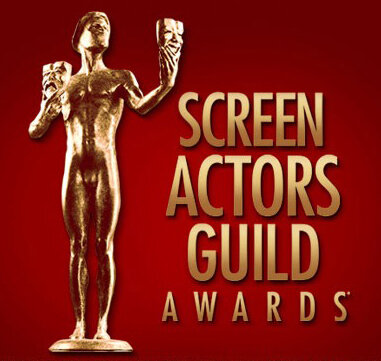 Every so often I hear about my clients' previous public speaking training—usually an onsite workshop or a long-ago college course. And far too many of them were told that there are Absolute Rules They Must Always Follow.
Every so often I hear about my clients' previous public speaking training—usually an onsite workshop or a long-ago college course. And far too many of them were told that there are Absolute Rules They Must Always Follow.
I sigh, and say it's time for them to forget those rules! Sometimes I encounter resistance to that statement, but generally I see relief in their eyes.
Since we are all individuals with different strengths, talents, and—most importantly—learning styles, we need to find out what works best for each of us. The Rules can serve as a starting point before we have developed skills in this area. But as soon as we can devise our own strategies we should loosen their grip on our speaking technique.
Once you become an energized, dynamic speaker no one ever really challenges you on your use of notes or hand gestures. But I have had many mid-career professionals and even senior executives tell me they dare not break The Rules. They hold themselves back on many levels. For example, their bodies are stiff and inexpressive because they were told long ago to stick to formulaic hand gestures. I recently blogged about the silliness of this sort of advice on what to do with your hands.
And as to the notes/no-notes issue, I have written about this as well. This is a choice that depends very much on the situation. You often do need your notes because it's a colossal waste of time to commit a speech to memory, and it is better to use that time on preparing content and delivery. But The Rule makers say "Don't read, but don't memorize it,either. You should be able to speak off the cuff." I have long considered "off the cuff to be over-rated; think of all the boring, meandering wedding toasts, team briefings, or panel presentations you have endured. You have seen firsthand how "off the cuff" can alienate and bore an audience.
Furthermore, making people present without the notes they need is just cruel. And counter-productive. I know of no surer way to undermine a colleague's confidence than to imply she does not "know her stuff" if she needs more than a few bullet points. We each build our speeches in different ways. Some of us rely on specific word choices more than others. So if you are a bullet-point person, do not assume that your way is the best way for everyone. Most formal, high visibility speeches are delivered as written because every word counts. Many speakers feel that way about even casual public speaking occasions. Reading a speech without making eye contact, of course, should never be encouraged. But I, for one, would rather hear a well-thought-out speech read than watch someone hunt for phrases and fill the air with jargon and non sequiturs.
Start out with The Rules if you must. But give yourself permission to discover your own technique, perfect it, and use it proudly. If anyone objects, send 'em my way!



















